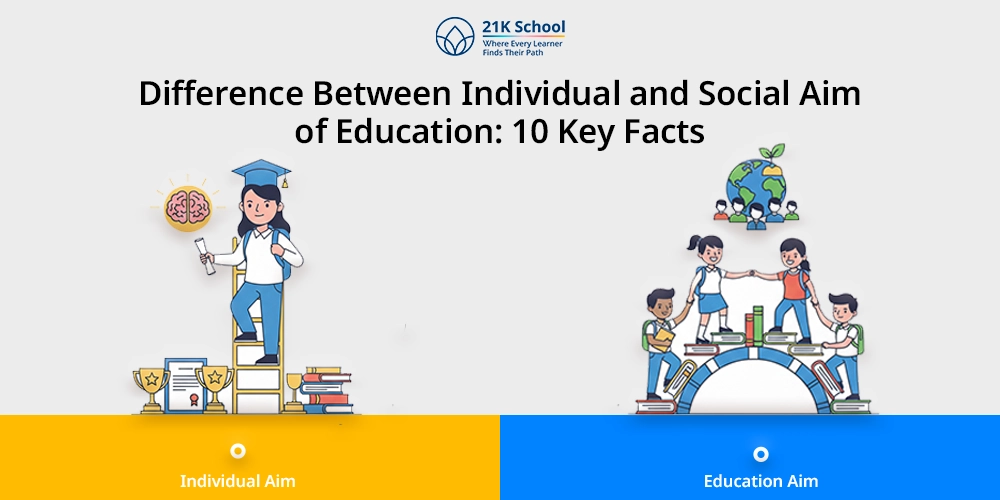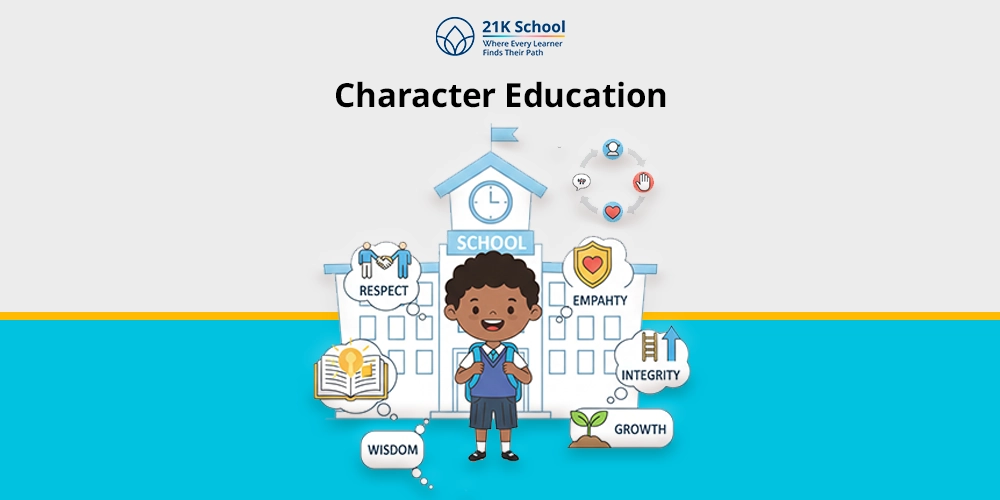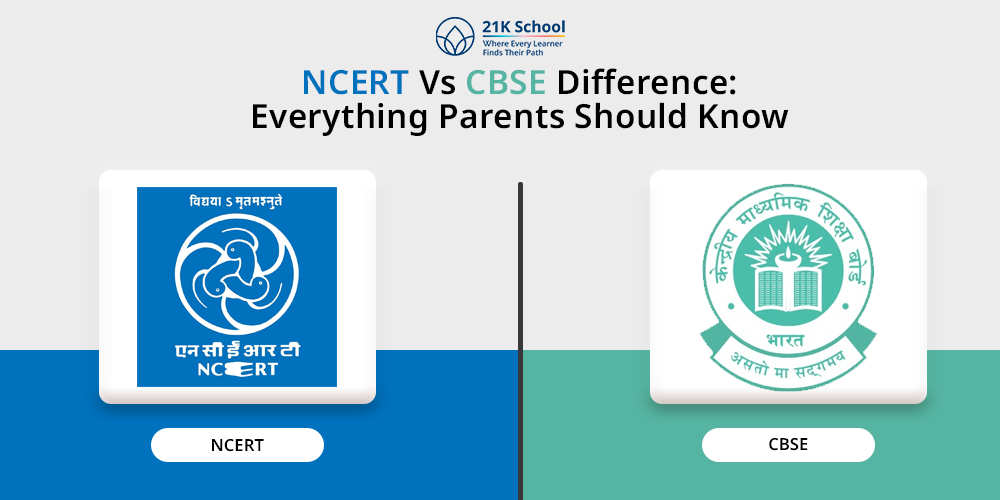
The term NCERT and CBSE might be so fresh and popular in your heads, especially if you were or are a student in Indian CBSE schools. But what if I ask you what and how are they different or are they just the same for you?
You might get confused even if you know they are different, you might not have the right statements to support your views. So here is this article for you guys. Next time you are asked such simple but challenging questions, you have an answer.
For starters, let’s start with their full forms which are National Council of Educational Research and Training for NCERT and Central Board of Secondary Education for CBSE.
Contents
NCERT Vs CBSE: Key Differences Between Both
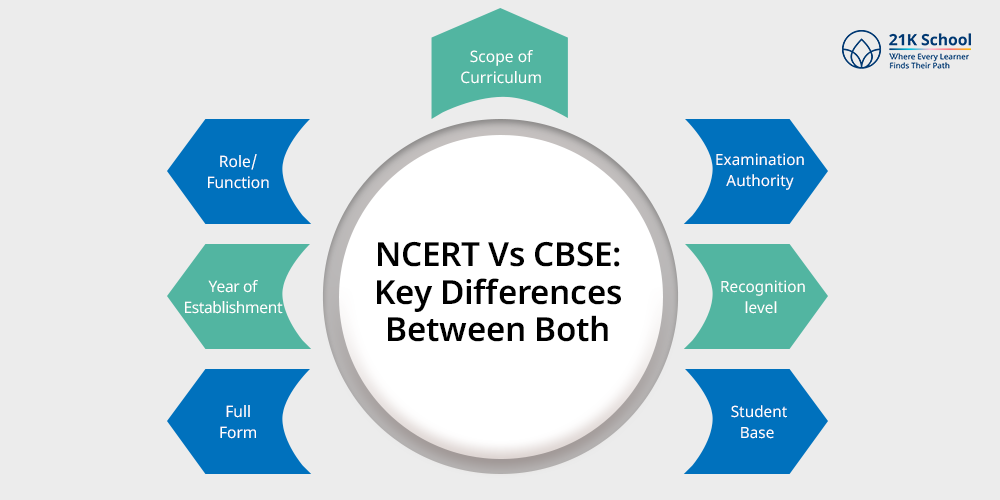
We all are best aware that NCERT and CBSE are both two most commonly portrayed bodies in the Indian Educational System but are differently serving it.
NCERT is the publishing body of books and resources, on the other hand CBSE serves the exam systems of educational institutions in India. To simply explain it, NCERT is the base of books you read and CBSE is the board that gives you the permission to read NCERT books and pass its exams.
We can find other differentiated factors with the following table and their dissected differences with categories:
| Aspect | NCERT | CBSE |
| Full Form | National Council of Educational Research and Training | Central Board of Secondary Education |
| Established Year | 1961 | 1962 |
| Role/Function | Curriculum development and textbook publication | Conducting exams, setting standards for education |
| Curriculum Scope | Focuses on curriculum guidelines for school education | Implements curriculum, syllabus, and exams for affiliated schools |
| Examination Authority | None (Not an examination body) | Yes, conducts board exams (Class 10 & 12) |
| Recognition Level | National (recognized publisher for educational resources under Government of India) | National (Under the Ministry of Education as body that conducts exams and give certifications) |
| Student Base | Follow NCERT books for exam preparation | All private and public schools under CBSE, large student base. |
1. Full Form
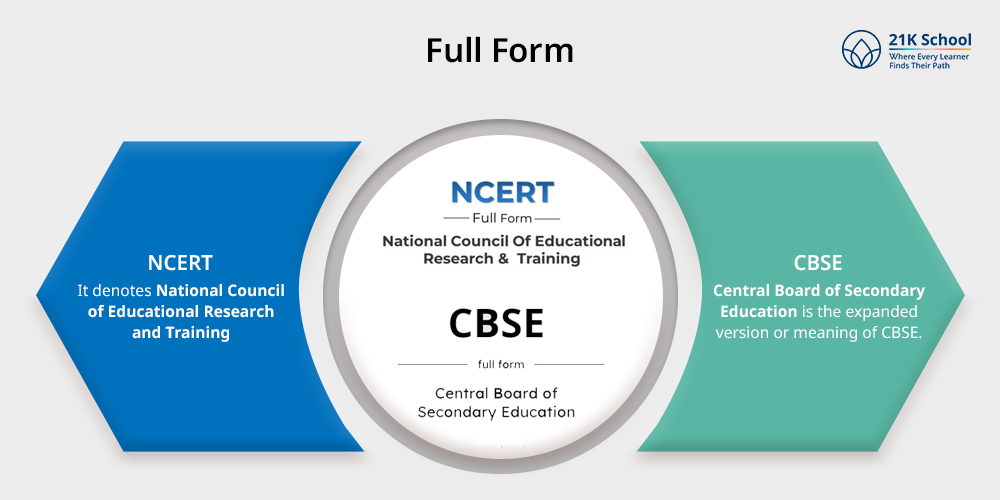
- NCERT: It denotes National Council of Educational Research and Training
- CBSE: Central Board of Secondary Education is the expanded version or meaning of CBSE.
2. Year of Establishment
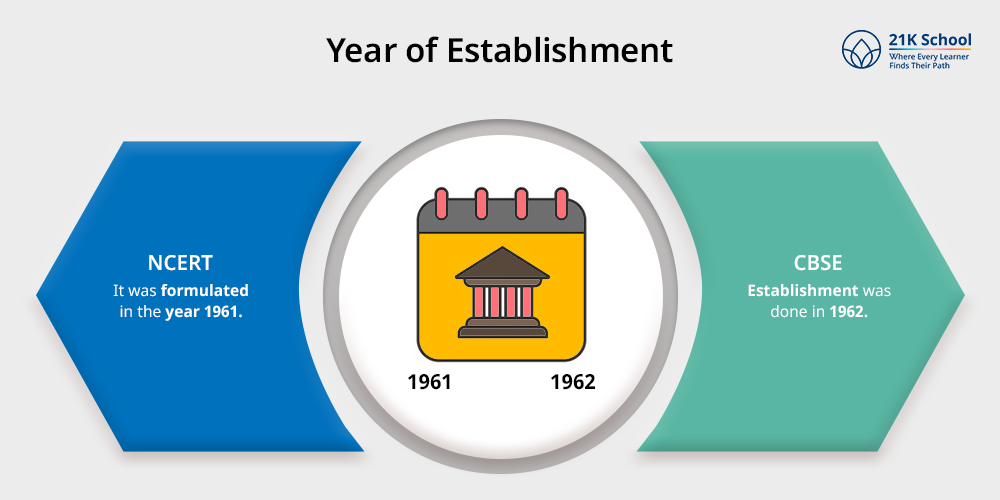
- NCERT: It was formulated in the year 1961.
- CBSE: Establishment was done in 1962.
3. Role/Function
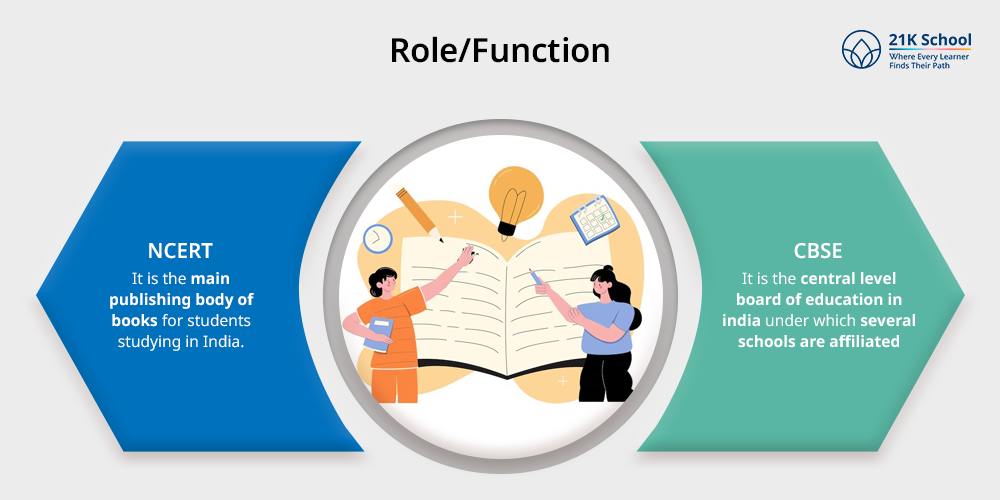
- NCERT: It is the main publishing body of books for students studying in India.
- CBSE: It is the central level board of education in india under which several schools are affiliated for class 10 and 12 studies for Indian students.
4. Scope of Curriculum
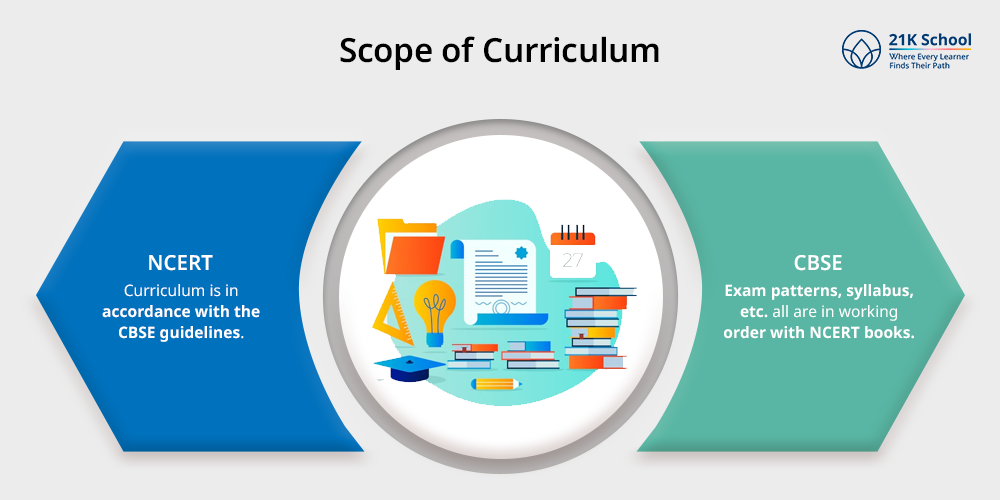
- NCERT: Curriculum is in accordance with the CBSE guidelines and thus books published are followed with trust.
- CBSE: Exam patterns, syllabus, etc. all are in working order with NCERT books.
5. Examination Authority
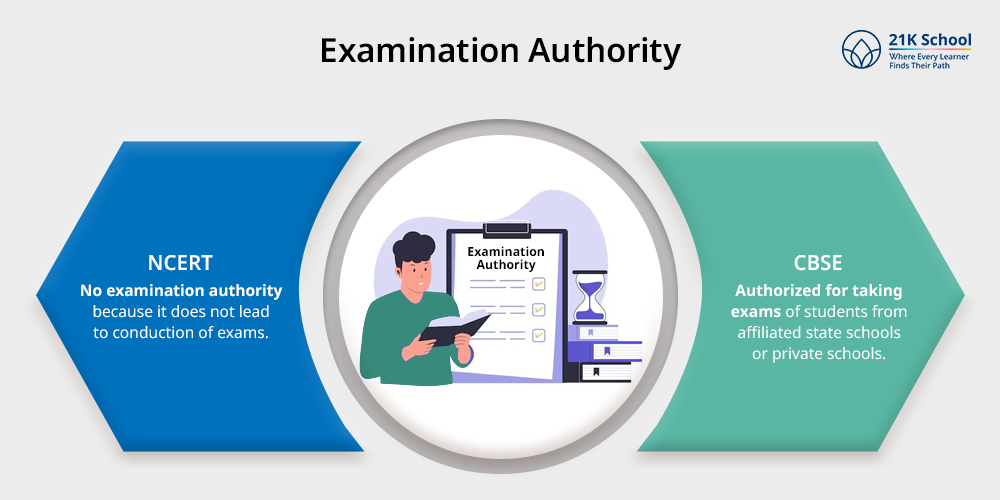
- NCERT: No examination authority because it does not lead to conduction of exams.
- CBSE: Authorized for taking exams of students from affiliated state schools or private schools.
6. Recognition level
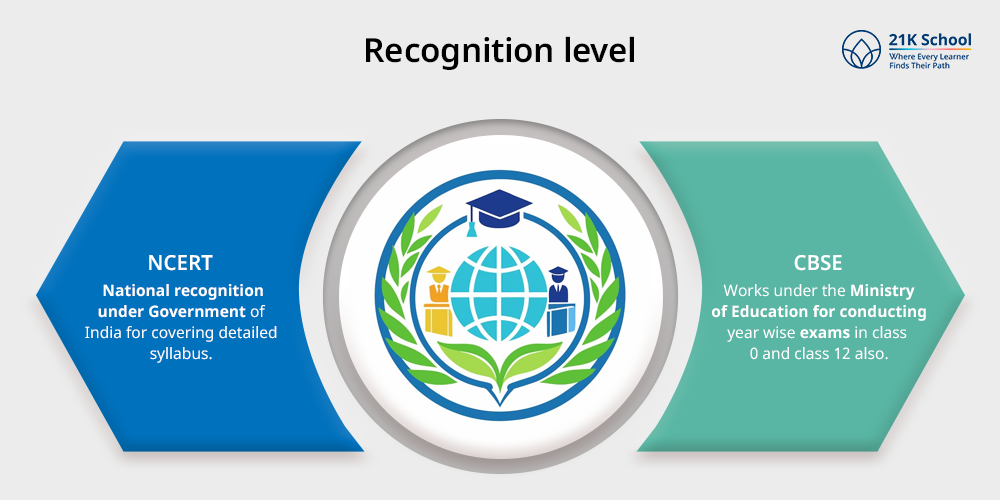
- NCERT: National recognition under Government of India for covering detailed syllabus into textbooks and exams.
- CBSE: Works under the Ministry of Education for conducting year wise exams in class 10 and class 12 also.
7. Student Base
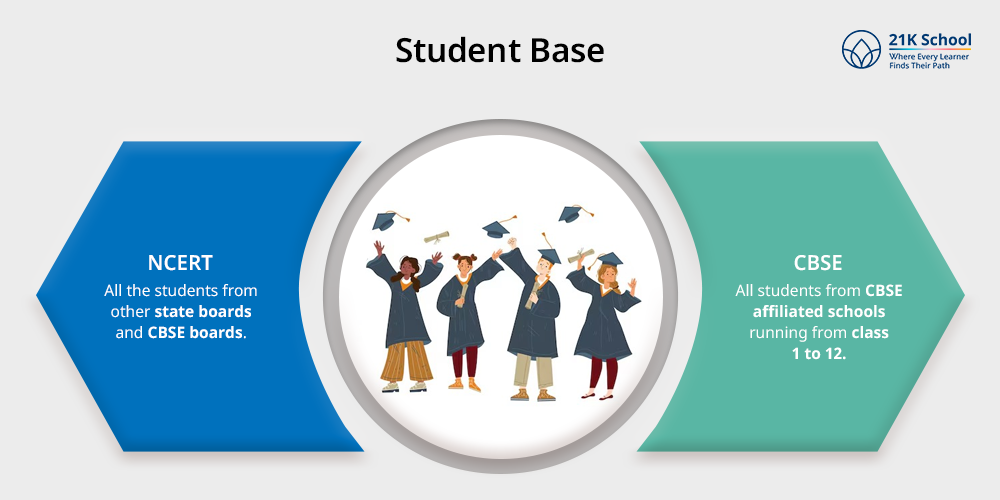
- NCERT: All the students from other state boards and CBSE boards .
- CBSE: All students from CBSE affiliated schools running from class 1 to 12.
Understand the Benefits of State Boards Shifting to CBSE .
Is NCERT And CBSE Same?
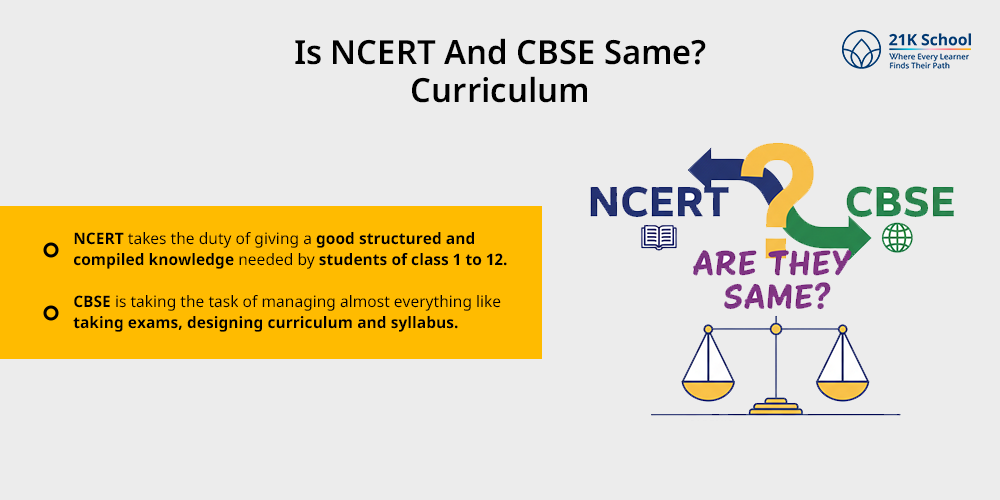
Now you know the detailed difference between NCERT and CBSE, but if you are still in the position of thinking that both are the same somewhere, you might be like other newbies and parents.
People who are less aware don’t know that they are different entities overall in themselves. CBSE is dependent on NCERT for book publication as its students are all asked to do their exams and classes based on it.
NCERT takes the duty of giving a good structured and compiled knowledge needed by students of class 1 to 12. And CBSE is taking the task of managing almost everything like taking exams, designing curriculum and syllabus . It covers the area of how much a student has learnt.
What is NCERT?
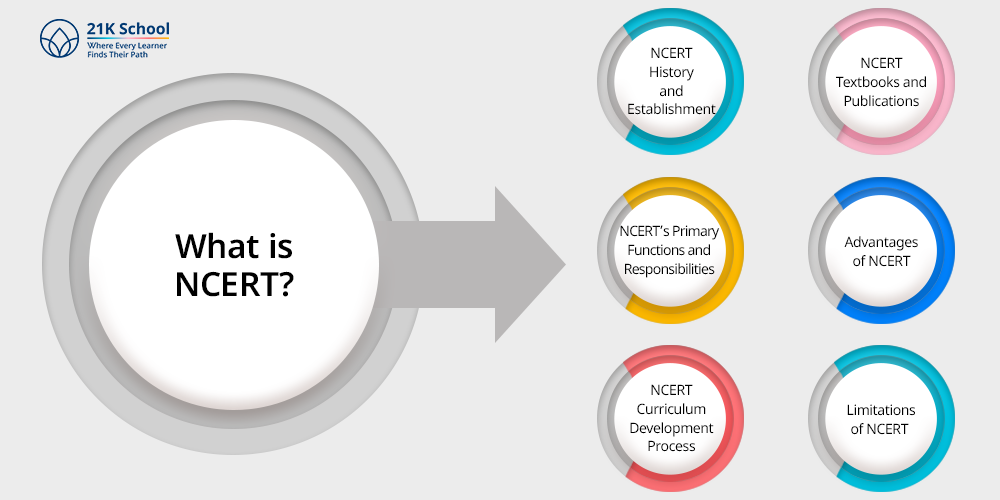
NCERT is the publishing body of educational resources that include what kids learn, write, and study as they grow from class 1 to class 12, studying under CBSE or any other state boards schools.
Explore which is better cbse or stateboard after 10th .
1. NCERT History and Establishment
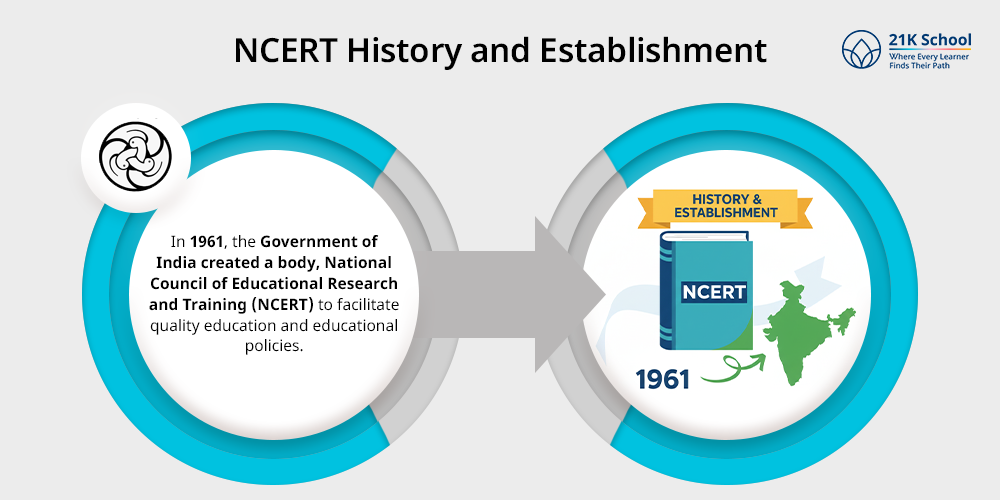
In 1961, the Government of India created a body, National Council of Educational Research and Training (NCERT) to facilitate quality education and educational policies. It has a significant influence on the formation of the curriculum of both state and privatized Indian schools.
2. NCERT’s Primary Functions and Responsibilities
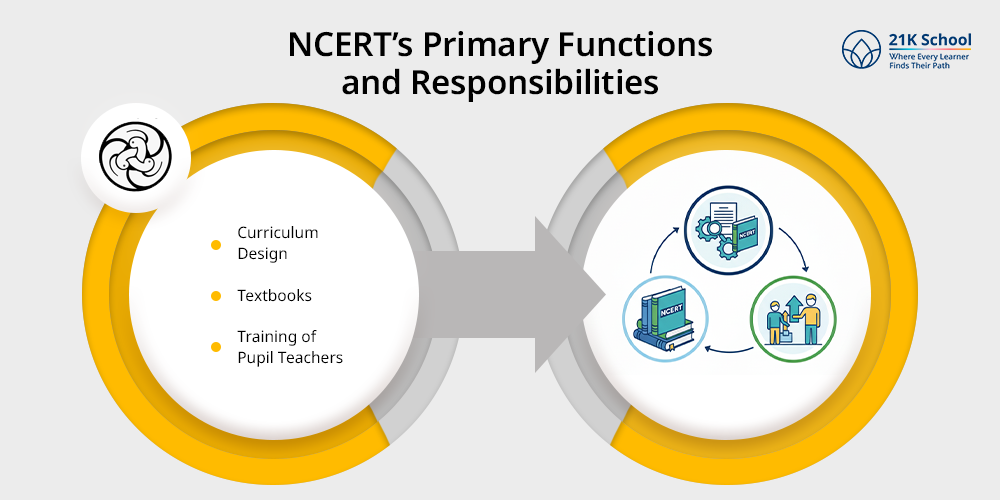
- Curriculum Design: NCERT works on setting up of the national curriculum framework in the schools.
- Textbooks: It also publishes textbooks that are directly used in the learning of different subjects.
- Training of Pupil Teachers: NCERT has workshops and training courses to improve the teaching skills.
3. NCERT Curriculum Development Process
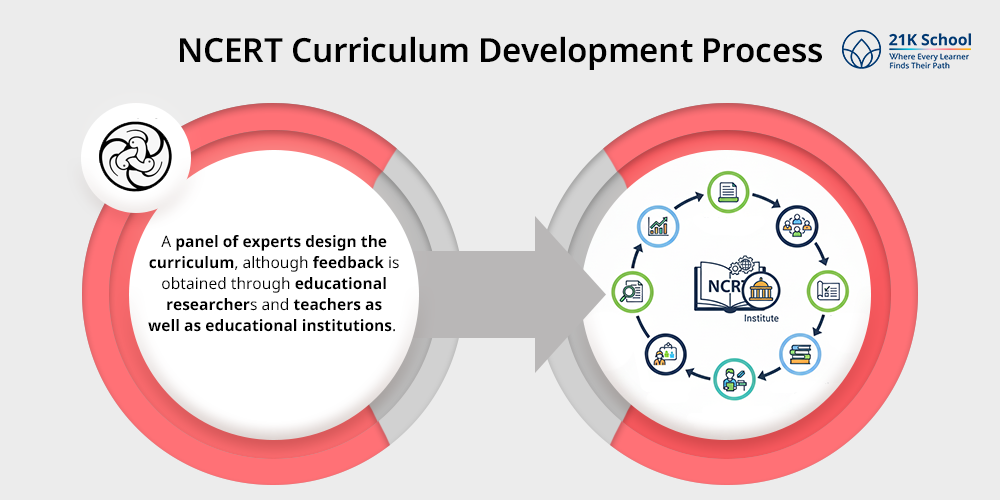
A panel of experts design the curriculum, although feedback is obtained through educational researchers and teachers as well as educational institutions. It is revised regularly with a view to making it relevant to current educational requirements.
4. NCERT Textbooks and Publications
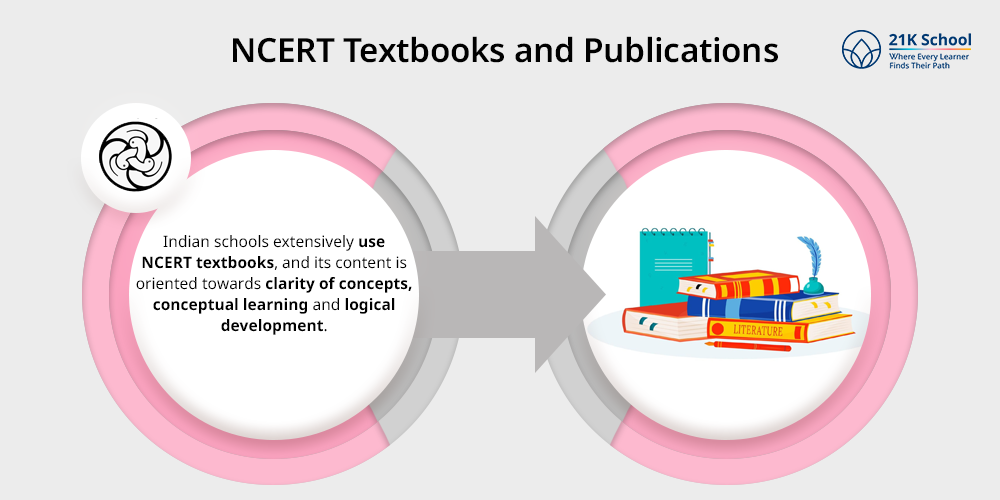
Indian schools extensively use NCERT textbooks, and its content is oriented towards clarity of concepts, conceptual learning and logical development. NCERT also planned to publish additional reference materials like guides, manuals and research papers.
5. Advantages of NCERT:
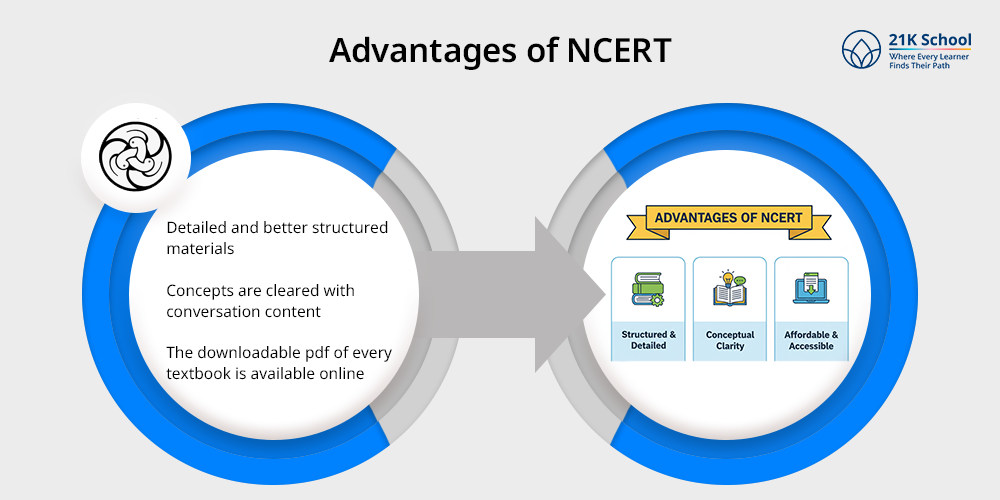
- Detailed and better structured materials for your studies and continuous learning .
- Concepts are cleared with conversation content in textbooks and simple but relevant examples.
- To your surprise, the downloadable pdf of every textbook is available online also so that it is affordable.
6. Limitations of NCERT:
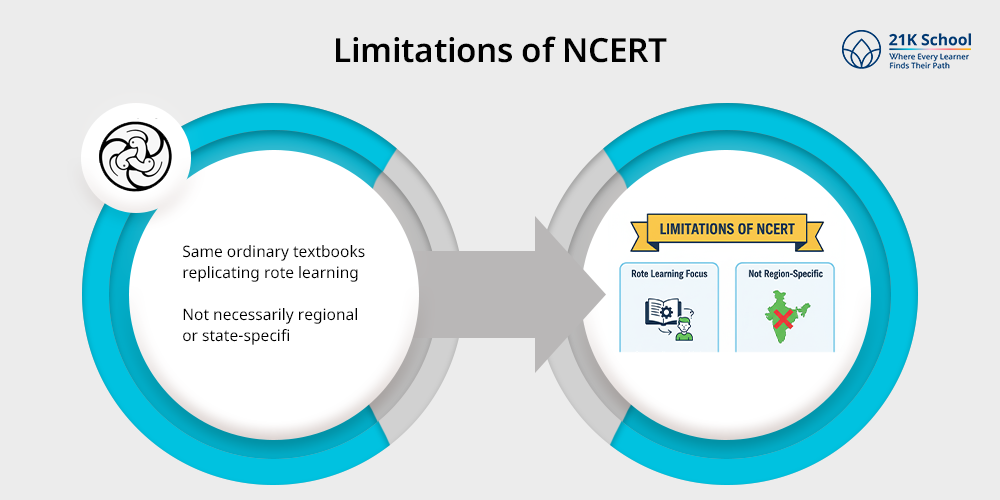
- Same ordinary textbooks replicating rote learning , doing less emphasis on practical lessons.
- Not necessarily regional or state-specific.
What is CBSE?
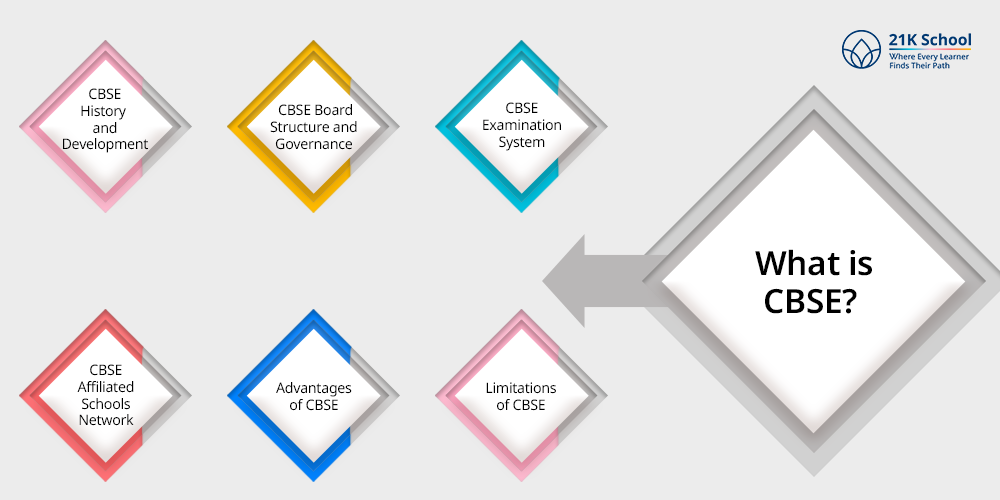
Next is our familiar CBSE board, recognized by the Ministry of Education, that most of our Indian children have been sent to by their parents for traditional schooling . The board exams it took used to horrify us and meant a big deal to us at those times and students still in those phases of learning might feel the same.
1. CBSE History and Development
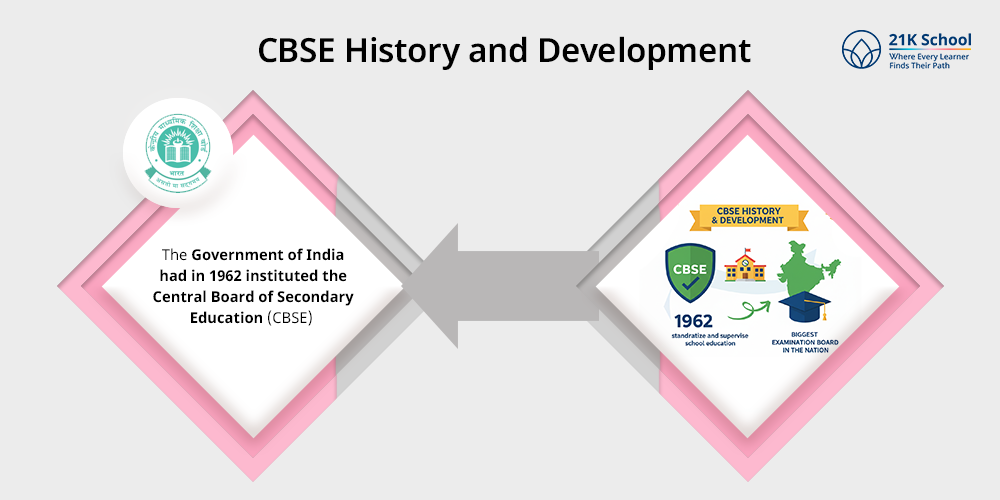
The Government of India had in 1962 instituted the Central Board of Secondary Education (CBSE) to standardize and supervise school education at secondary and senior secondary levels. It is among the biggest examination boards in the nation.
2. CBSE Board Structure and Governance
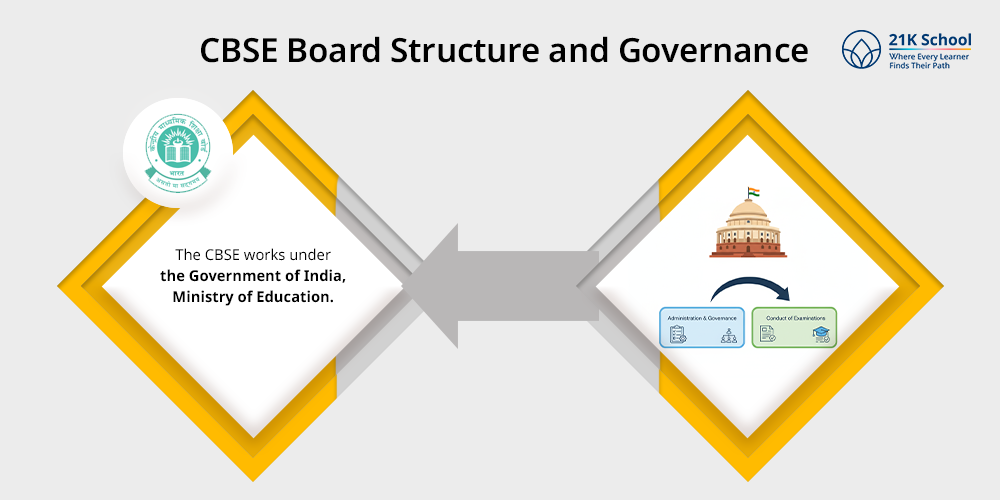
The CBSE works under the Government of India, Ministry of Education and governs the administration and conducts of the Class 10 and Class 12 examinations in affiliated schools.
3. CBSE Examination System
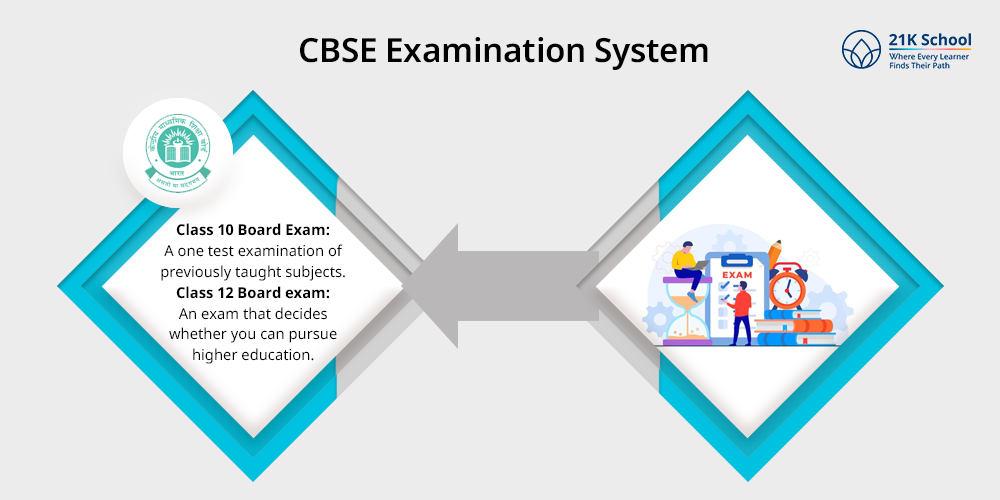
CBSE holds two big board exams:
- Class 10 Board Exam: A one test examination of previously taught subjects.
- Class 12 Board exam: An exam that decides whether you can pursue higher education.
4. CBSE Affiliated Schools Network
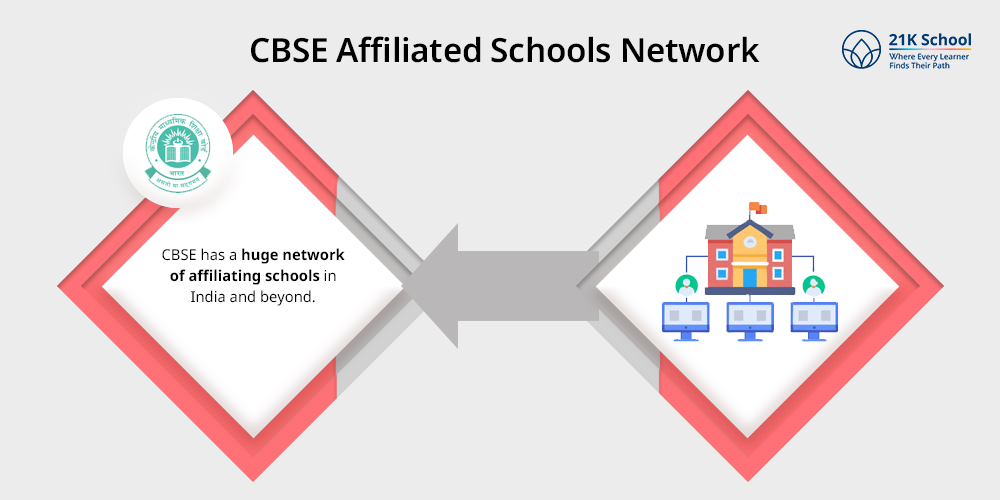
CBSE has a huge network of affiliating schools in India and beyond. The board is constituted in such a way that there is evenness regarding curriculum and examination system amongst the schools that the board affiliates.
5. Advantages of CBSE:
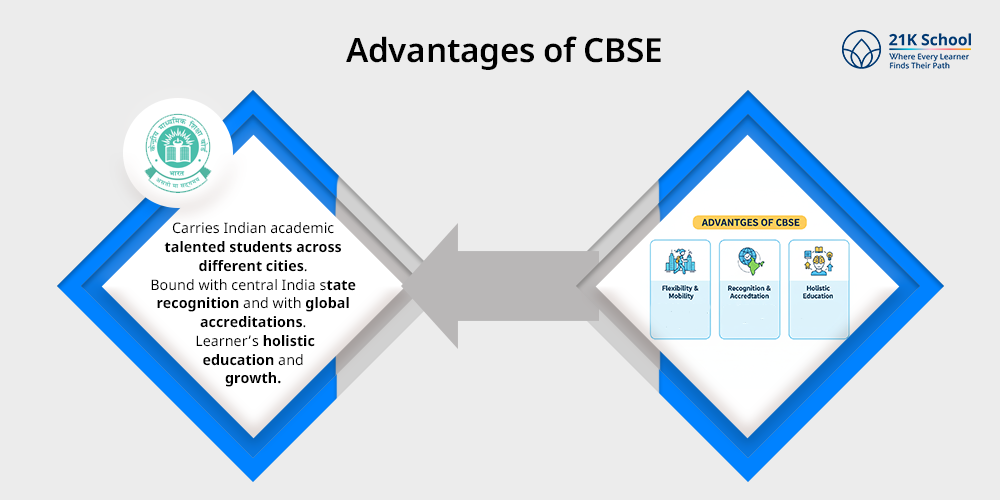
- Carries Indian academic talented students across different cities with the facility to change boards.
- Bound with central India state recognition and with global accreditations.
- See through a learner’s holistic education and growth.
6. Limitations of CBSE:
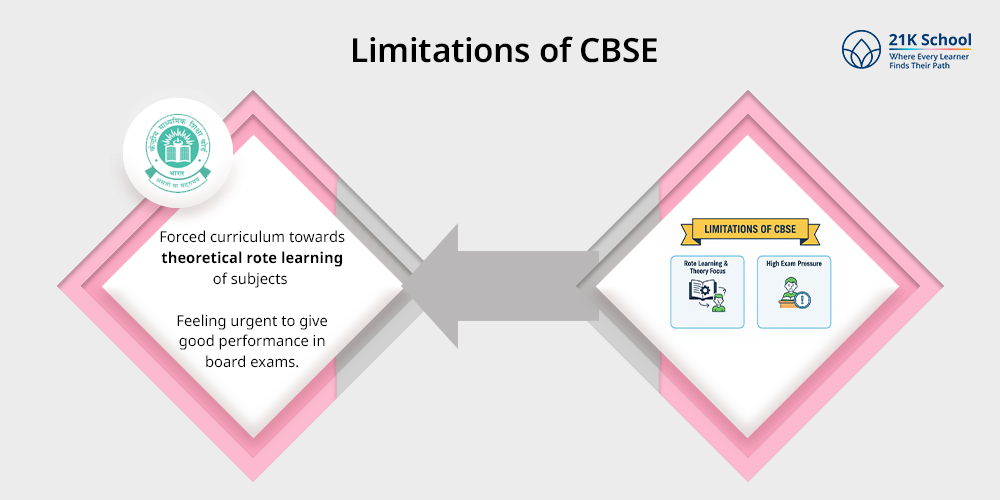
- Forced curriculum towards theoretical rote learning of subjects and that’s why student lack in practical subjects
- Feeling urgent to give good performance in board exams.
Explore benefits of cbse board in detail.
Concluding Comments
Simply, it can be said that CBSE and NCERT are two differently utilized educational bodies of India. CBSE is the one committed to take exams, design syllabus, and prepare students for the future educational paths they want to follow.
The participation of NCERT is mostly to provide content of studying materials needed for different classes in CBSE schools.

